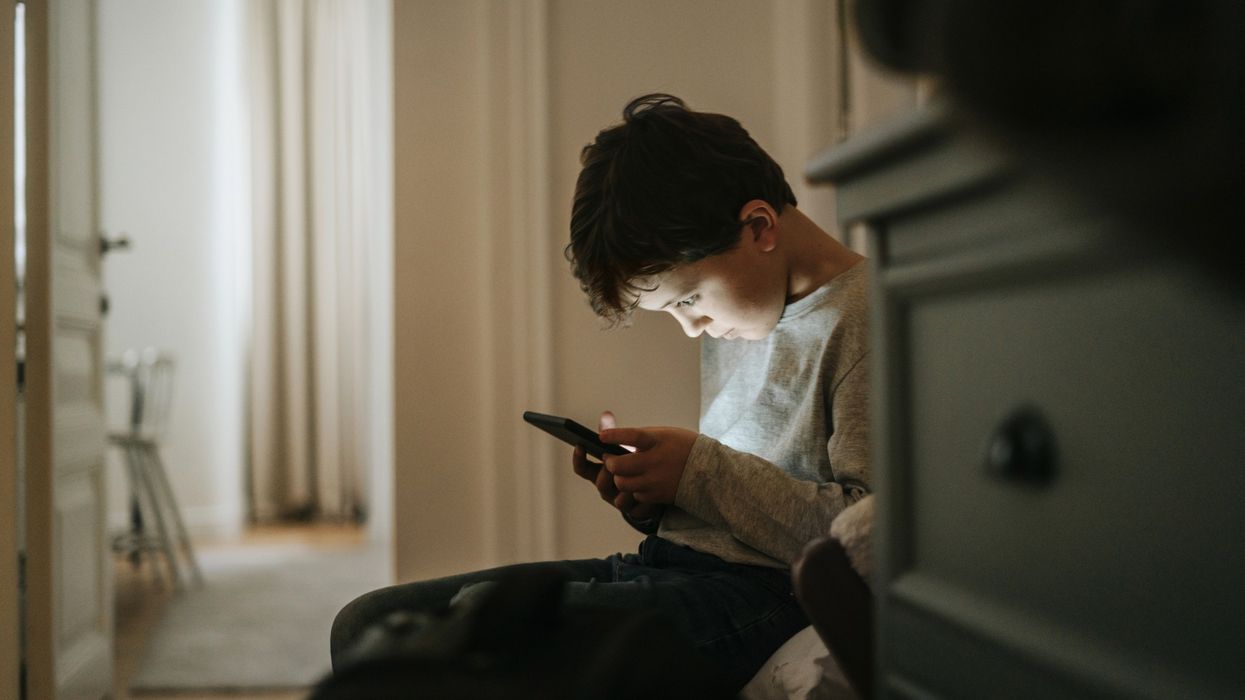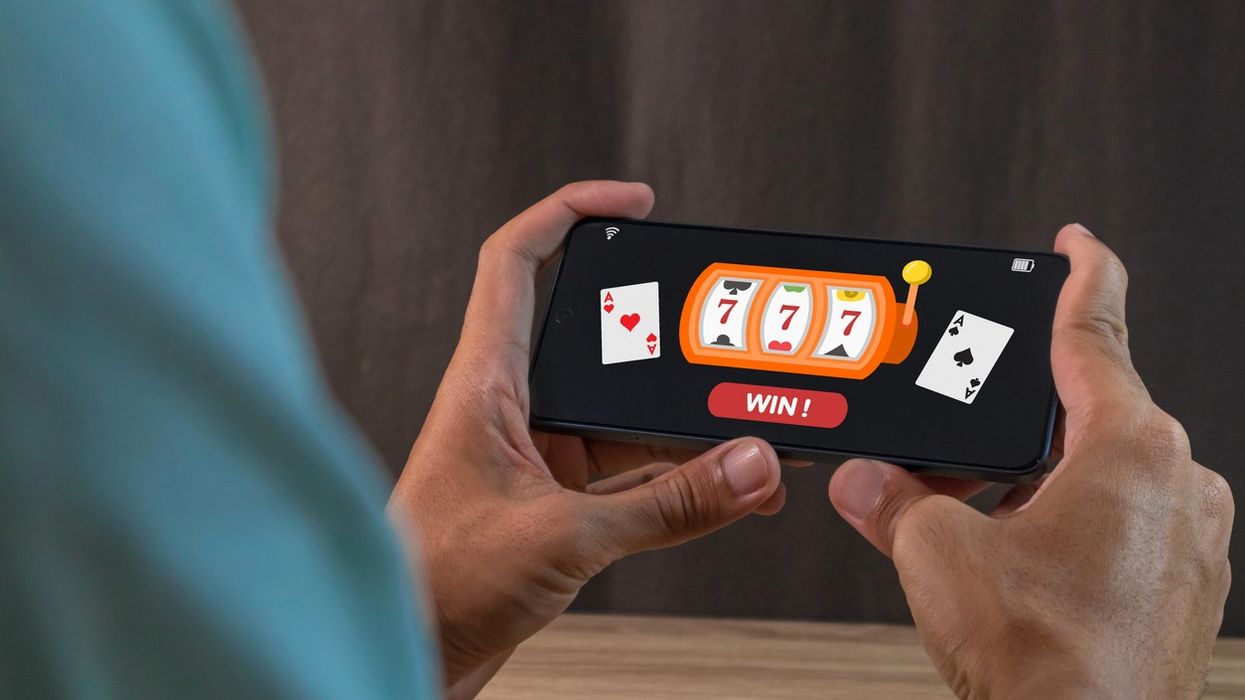Highlights
- New iPhone for children removes access to web browsers, games and social media apps
- Sage Mobile device costs £99/month, significantly higher than standard contracts
- Designed to support "real life" connection and reduce smartphone addiction
- Launch coincides with new UK age-verification laws for online pornography
- Critics question pricing and accessibility for low-income families
Techless launches Sage iPhone with strict content controls
A new iPhone designed specifically for children has launched in the UK, promising to offer a safer digital experience by stripping out web browsing, gaming, and social media access. Priced at £99 a month, the Sage Mobile device aims to give parents more control over their child’s phone usage, but the high cost is already raising concerns.
The device, marketed by US company Techless, is a modified iPhone 16 that runs custom software designed to severely limit access to distracting or harmful content. Unlike typical handsets, the Sage iPhone blocks internet searches and prevents downloads of popular platforms like Instagram, TikTok, and Snapchat. The launch reflects growing parental concern around managing children’s digital habits and online safety.
Designed to reduce screen time and promote real-world connection
According to Techless founder Chris Kaspar, the default digital environment on most smartphones is inherently unsafe for children. “Right now they are selling cars without seatbelts,” he said. “We want the defaults to be safe and healthy.”
Kaspar says Sage Mobile is designed to help children "reconnect with real life," rather than simply reduce screen time. The curated app store available on the device only permits access to tools considered essential and educational, such as calendars, banking apps, weather, public transport, and school-related functions. There is no access to a general web browser or app marketplace.
In the US, where a similar model has already been released, average usage among children was reportedly limited to between 15 minutes and an hour per day. This contrasts sharply with UK data, which shows children aged eight to 14 typically spend nearly three hours a day on smartphones.
Coincides with stricter age-verification laws
The launch of the Sage Mobile iPhone comes as the UK prepares to enforce stricter online age verification requirements for accessing pornography. The timing, Techless suggests, is a deliberate response to mounting legislative and public pressure to protect children online.
The high cost of the Sage device — over double that of a standard iPhone on a two-year contract — is explained by the company as a result of the features it removes. Typical handsets rely on data tracking and app downloads for ongoing revenue, which are not present in this model. The £99 monthly price covers a flexible contract that can be cancelled at any time, along with the cost of maintaining the restricted platform.
Limited demand expected due to pricing
Despite the safety features, industry analysts believe demand will remain niche. Thomas Husson, principal analyst at Forrester, said: “Until now, this is still a niche market and people, especially parents, are not ready to pay a significant premium for a dumb phone.”
Sage Mobile joins a small group of similar offerings, such as Pinwheel and Balance, that aim to provide stripped-back smartphone alternatives for children and teenagers. These devices often appeal to parents who are concerned not only with screen addiction, but with exposure to inappropriate content, online predators, and mental health risks.
Research has shown that problematic smartphone use among children doubles the risk of anxiety and nearly triples the likelihood of depression compared to children who use phones in a more moderate manner.
Parental demand vs affordability
Advocates of phone-free or reduced-tech childhoods say the demand for safer devices is real. Daisy Greenwell, co-founder of the Smartphone Free Childhood campaign, acknowledged the product’s appeal but questioned its accessibility.
“There is real demand for something like this from parents, especially of teens who don’t want to be lumbered with a phone that sticks out like a Nokia,” she said. “But the price will be prohibitive for most people. It’s children from low-income families who are most at risk from harm online and £99 a month is out of their range.”
Greenwell added that while the intentions behind Sage Mobile are commendable, wider systemic change is needed. "The government must make stronger policies to protect all children and not just those whose parents have enough money to do it themselves."
With smartphone addiction and online harm increasingly in the spotlight, the Sage Mobile iPhone represents a high-end attempt at rethinking how children engage with technology. Whether that vision can be democratised remains an open question.





